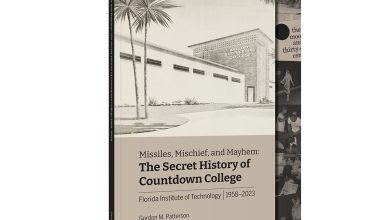Media Consolidation & What it Means to You
Media Consolidation.
Perhaps you haven’t heard this term before–I’ve only come across this term very recently in my Mass Communication course–but today I am going to tell you a little bit about why it’s important to you, and how it’s affecting your life at this very moment.
Media consolidation is the increasing ownership of mass media by fewer and fewer companies. You barely have to scratch the surface of mass media to see media consolidation at work. Let’s look at the television industry: 99 percent of Americans own TVs—the average house containing at least two televisions.
TV is undeniably a lucrative industry, grossing over $200 billion annually. With thousands of channels and niche programs to fill every slot, it seems as if programming is available for every taste. You would hardly think that there is a problem in media consolidation. You would be wrong. The $200 billion profit is spread over a handful of companies.
Did you know, for example, that Disney owns ESPN? Here is a quick breakdown of three media giants:
- Walt Disney: ABC network, ESPN, Disney Channel, SOAPnet, A&E, Lifetime, Touchstone, Miramax, Walt Disney Pictures, Pixar Animation, Marvel Entertainment, Hollywood Records, Mammoth Records, and Buena Vista Records. $40.1 billion revenue.
- Viacom: MTV, VH1, CMT, Logo, Nickeldeon, Comedy Central, TV land, Spike TV, Tr3s, BET, 150 other cable stations, in addition to Viacom Filmed Entertainment, Paramount Pictures, Insurge Pictures, MTV Films, Nickelodeon Movies. $15 billion revenue.
- Time Warner, Inc.: CB Network, TBS, TNT, Cartoon Network, truTV, Turner Classic Movies, CNN, HBO, TMZ.com, Warner Brothers Pictures, New Line Cinema, Warner Home Video, DC Comics. $29 billion revenue.
So why do we care? Because, when we watch the evening news, we expect to hear an unbiased account of the day’s happenings. We forget that the news is a for-profit industry, so through self-censorship by ignoring stories that conflict with their vested interests, we are being presented with a small sliver of “news” as the whole truth. It means that a news show presenting the “Safe Toys for the Holidays” maybe actually be showcasing the latest products from its other ventures. It’s not news. It’s a commercial. A handful of companies has the monopolies on what we decide is important and we don’t even realize this is happening around us. In a for-profit industry, companies have a loyalty to advertisers, not consumers.
What can we do? We can be smart consumers. Maybe we can’t easily change the system, but we can think twice before we accept something as the whole truth. Be smart. Everybody has a bias. It’s up to you to determine what exactly it is.
*Information and graphic taken from freepress.net*





